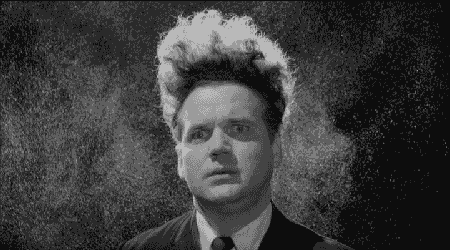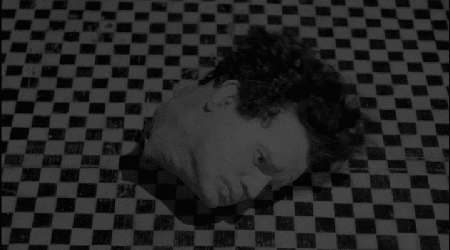“Creating concepts, of the PLATO-O(1) variety or even of the PLATO-o(∞) variety, is a desire. Creating concepts is a desire. Whatever concept creating is being compared, the desire is equivalent. The desire of the concept creation of PLATO-O(1) is a desire; the desire of the concept creation of PLATO-o(∞) is a desire. Desire is desire. Trees are rhizomes, rhizomes are trees, as both are desire. To say of two things BOTH are the same is to establish an equivalent. PLATO-O(1) is equivalent to PLATO-o(∞). The goof of history was to have differentiated the terms systematic or logical from "rhizome" when they are equivalent and exchangeable. PLATO-o(∞)and PLATO-O(1) must not be distinguished."
--Schantz-Asabiyah hybrid larva
Two additional preliminary comments:
1. The BOTH-AND logic or
approach: I have also endorsed the BOTH-AND logic or
approach. I recently stated my opinion that
PLATO-O(1) is just another rhizome among rhizomes, and thus also subscribe to the idea of
PLATO-O(1) as the tree that is also a rhizome, or,
PLATO-O(1) as BOTH rhizome AND tree. Thus, it is rude and unfair for me to ridicule Orla for saying the same. However, I hasten to point out for me the BOTH-AND
approach is an element of what can prevent the erection of
PLATO-O(1), its maintenance, obedience to
PLATO-O(1), the cult of the personality in the history of philosophy, and authoritative thought (dogmatic thought, thought no longer requiring thought, and actively discouraging further thought.) It can be pointed out that if the BOTH-AND
approach is valid and if the BOTH-AND
approach prevents these things, it must be BOTH preventative AND facilitative of these things. And if so, how do we know if we are using BOTH-AND to prevent or facilitate authoritative
doxa? To urge a BOTH-AND
approach to Plato, Kant, or the historical Enlightenment does not solve the problem. The BOTH-AND
approach is not a solution—it must remain in
approach…But how does one know whether what one has is an
approach or a solution (a fixed form which no longer requires thought, and can be applied to other problems—manually (in this sense of application, however, any IT application no matter how complex, sophisticated, and far removed from the hand of a worker or craftsman would be manual.) The BOTH-AND
approach implies the BOTH-AND
approach is BOTH
approach AND solution. This is now “hopelessly” tangled. Yes. Yet this is all to the good, and what I affirm. When I apply the BOTH-AND approach to my own thought and criticisms what I get is rhizome (tangle, fur ball). Thus, my “criticism” of Orla in the last post reveals itself as
criticism-O(1). Criticism
o(∞) awaits.
2.
“Do You Realize How Simple Desire Is?”—Deleuze. This remark is not used to specify what desire is or is not, but to increase the range of desire (Deleuze’s intent can’t have been to disqualify all desire for actual accomplishment, complex or difficult tasks, goals which are not readily achieved, and so on.) If desire is simple and simple is taken as a simple distinguishable feature (how could it not be and still be ‘simple’?), one could sort through ones’ psyche feelings which were true desire from false desires (or repressed desires, or the desire for repression, perverse desire) based on whether the feeling was simple or not. (How does one distinguish the simple? What is simple about the simple?) The effect of ascribing desire to such a set is to: 1) restrict desire to the level of fantasy or imagination. There
is a desire to create concepts…However the desire to create a concept is not the same as creating a concept, any more than a desire to climb a mountain
is to climb the mountain. 2) give up on all which cannot be accomplished without effort, discipline, ingenuity, sweat, preparation, planning, and the like; 3)valorize all ‘simple’ acts as desire or desirable, when one’s desire may be elsewhere, may be exhausted in what is taking as 'simple' and this is disguised, or be imprisoned (asceticism of the ‘simple.’) Desire as ascribed to such a set
is a drive. A drive is a
natural desire. It originates in nature, naturally. Please note that such desire is
DESIRE-O(1). It is authoritative desire, unquestionable—irresistible and unquestionable. Ultimately, it can only be obeyed, (for as we all know, as it permeates to a microscopic degree our culture,) to not obey a “drive” is disastrous. The “drive” demands obedience. Neither Deleuze nor Orla could intend us to conceptualize desire this way. Nor do I. It
is possible to open such a conception of desire to question—it is entirely questionable. It is possible to resist. Desire
is rhizomatic (which means desire is not simple in the usual sense of the word.)


